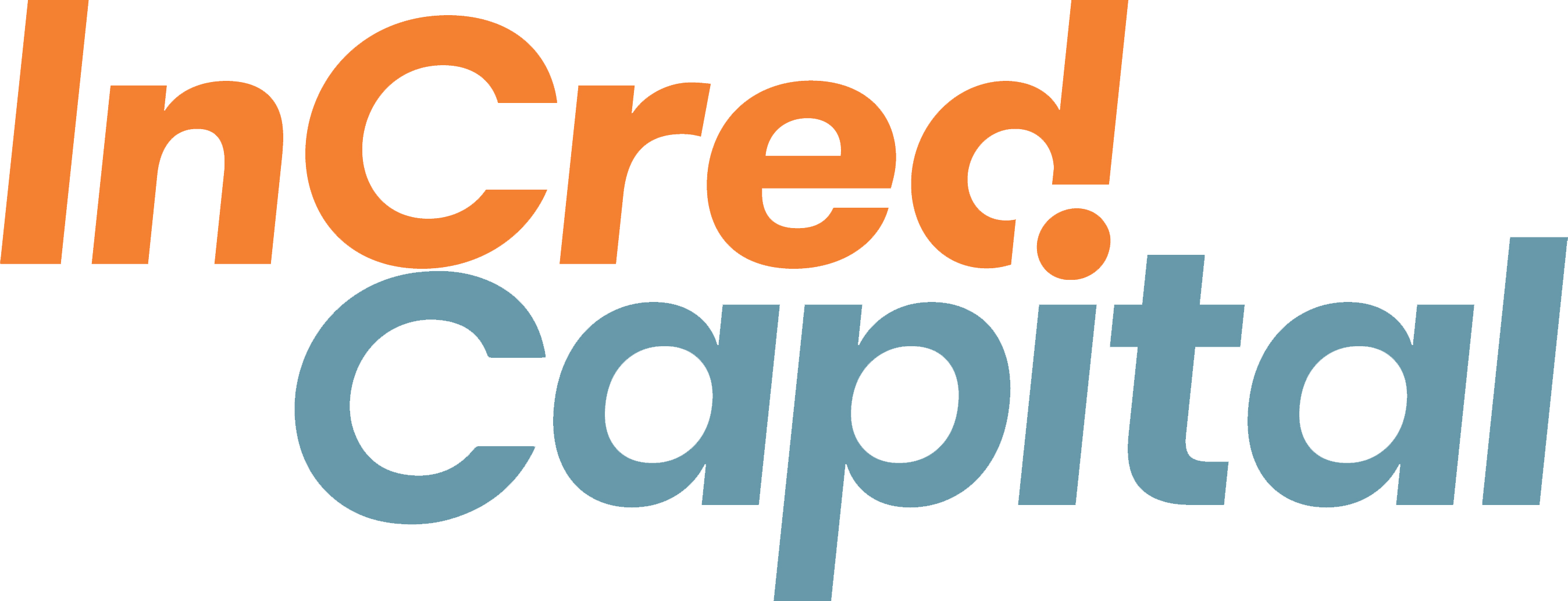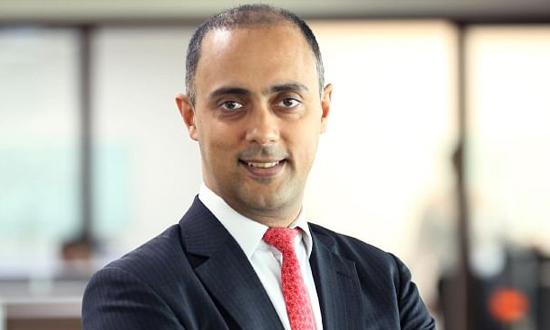Daily Voice | Don’t base your investment decisions on market levels if you want to build robust long-term portfolio, says Mrinal Singh of InCred Asset Management
Sectors related to spending on individual mobility, education, leisure, travel, entertainment, consumer durables will contribute to the journey of taking our Per capita income to $4,700 by 2030 which is around $2200 as per IMF data.
Daily Voice | Don’t base your investment decisions on market levels if you want to build robust long-term portfolio, says Mrinal Singh of InCred Asset Management
Sectors related to spending on individual mobility, education, leisure, travel, entertainment, consumer durables will contribute to the journey of taking our Per capita income to $4,700 by 2030 which is around $2200 as per IMF data.
Trying to time the market is a futile exercise since the equity market has its own ebbs and flows. If you are really looking to build a robust long-term portfolio then you must identify good companies that have an excellent moat and strong revenue growth potential, Mrinal Singh, CEO & CIO at InCred Asset Management said in an interview to Moneycontrol.
Don’t base your investment decisions on market levels, Singh recommends.
He believes outlook for the Indian economy is quite robust. “We see potential, particularly in segments that are driven by capacity expansion. Our propositions are more inclined towards domestic manufacturing and capacity addition, sectors which are going to meaningfully participate into China plus one,” says Singh who previously worked as deputy CIO at ICICI Prudential AMC. Edited excerpts:
Do you think equities have seen a decent correction given the multiple issues like inflation, geopolitical tensions, spike in oil prices and policy tightening, that markets have been facing?
Cyclicality is in the DNA of markets and thus, it is unfair to look at markets in silos or only at specific periods in time.
Cycles have primarily remained the same through the ages for essentially the same reason that the fundamentals of the human life cycle have remained the same over the ages: because human nature doesn’t change much over time. For example, fear, greed, jealousy, and other basic emotions have remained constants and are big influences that drive cycles. Inevitably, these spill into the investment decision process as well and drive the markets in the short-term.
To quote Benjamin Graham, the Father of Value Investing, “In the short run, the market is like a voting machine–tallying up which firms are popular and unpopular. But in the long-run, the market is like a weighing machine–assessing the substance of a company”.
Thus, the factors that you mentioned, i.e., the risk of inflation, geopolitical tensions, spiking oil prices, and rising interest rates, have impacted markets and led to a decent correction. However, it is important to understand that their impact is transient in nature. As highlighted in the quote above, in the near term, markets act like a voting machine, and hence, these factors lead to correction in the stock market. This also presents us with an opportunity to buy good quality businesses at a discount to an intrinsic value which acts as a margin of safety.
Being a fundamental research-based asset management company, we believe in evaluating the intrinsic value of the company which is determined based on bottom-up factors which remain relevant irrespective of the changing macros and risks. If a company has a moat, it has the ability to earn a higher return on invested capital than the cost of equity and grow the business through market share gain or sector growth and continue to increase its intrinsic value in the sector.
The bottom line is that corrections always offer an opportunity to buy assets below intrinsic value, thereby creating a higher return than the market.
Do you see significant impact on FY23 growth forecast for India due to oil shocks?
Inflation is a necessary evil. Primarily, it is caused by a demand-supply mismatch. Whether supply is interrupted or demand rises faster than the supply, both can lead to rising prices. One of the biggest ramifications of COVID was the impact it had on global supply chains. Due to restrictions on movement and as a result of countries reassessing the risk of supply chain concentration, freight rates increased and there was a general shortage of basic commodities in some countries. Thus, the inflation that we have recently witnessed stems from supply-side challenges.
Keeping in mind the current economic landscape and the fact that the world is on a path to recovery in the aftermath of the pandemic, supply chains are likely to normalize, assuming that there are no new COVID variants on the anvil to disrupt this recovery. As the supply side constraints dissipate, prices should cool off.
What are the long term implications of current geopolitical tensions-led inflation concerns, supply worries etc?
It is important to remember that in equity markets, there will always be pockets of opportunity in the midst of new and emerging risks. The risks highlighted above in terms of inflationary or geopolitical concerns are more transitory in nature. Inarguably there are likely to have an impact on markets and companies in the short term. However, over the long term, they are also likely to generate unique opportunities. So, what really matters is identifying companies that have a unique value proposition that they can protect over the long run or companies that are well-positioned to capitalise on emerging opportunities.
Do you expect significant margin pressure for companies due to spike in commodity prices?
If a company is negatively affected and loses some profitability there is some other company that gains. Take for example the rising crude oil prices. Inarguably it will have a broad negative impact on India. However, there are certain pockets that are also likely to benefit from the rise in crude prices. These include:1) Electric vehicles (rising crude oil prices will lead to an increase in the running cost of internal combustion engines further)2) Exporters – currency devaluation helps exporters. And the purchasing power of crude exporting countries increases (Middle East, Africa)
3) Rail logistics will gain market share as the cost of road transportation increases
As companies rush to capitalise upon these opportunities, price shocks are likely to be contained, thereby having minimal impact on consumption.
Is it the time to rebuild portfolio with beaten-down good names?
Trying to time the market is a futile exercise since the equity market has its own ebbs and flows. If you are really looking to build a robust long-term portfolio then you must identify good companies that have an excellent moat and strong revenue growth potential. Assess these companies, arrive at a fair value, and then look to invest in them when they are available at a good discount to their fair value. Don’t base your investment decisions on market levels.
What are the investment themes you would like to bet on for the long term?
Outlook for the Indian economy is quite robust, we see potential, particularly in segments that are driven by capacity expansion. Our propositions are more inclined towards domestic manufacturing and capacity addition, sectors which are going to meaningfully participate into China plus one.
However, there could be an addition to that area such as textiles, chemicals, engineering boards, automobiles, and sectors aligned to a greener future of the economy. We believe even housing & mortgage space looks appealing.
Sectors related to spending on individual mobility, education, leisure, travel, entertainment, consumer durables will contribute to the journey of taking our Per capita income to $4,700 by 2030 which is around $2200 as per IMF data.
Disclaimer: The views and investment tips expressed by investment experts on Moneycontrol.com are their own and not those of the website or its management. Moneycontrol.com advises users to check with certified experts before taking any investment decisions.





